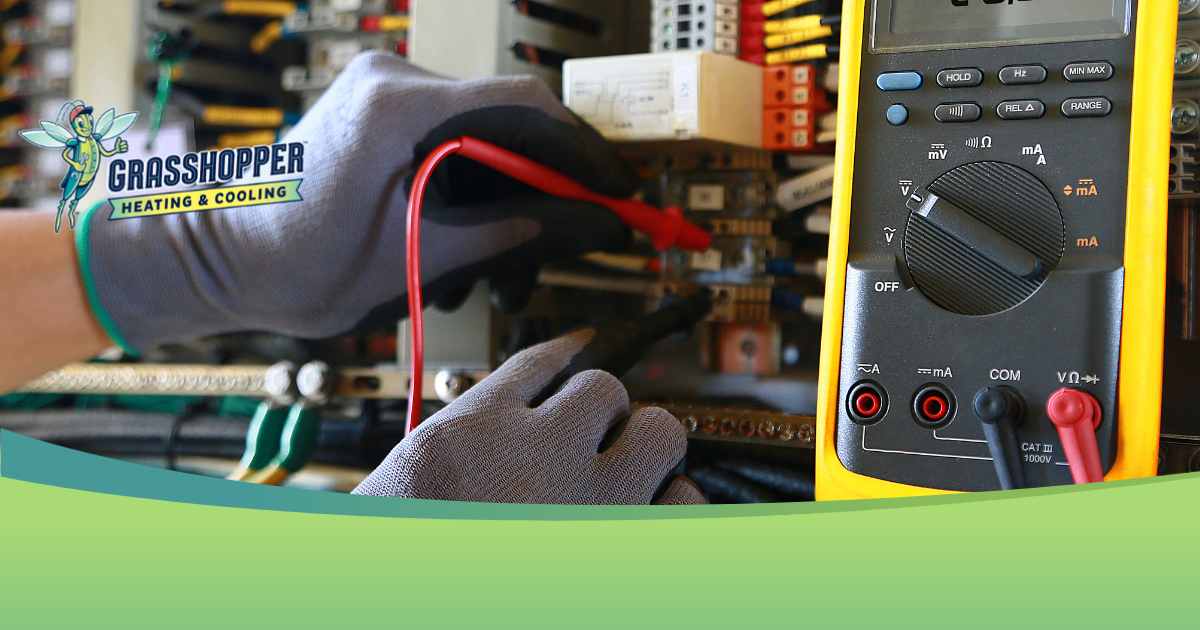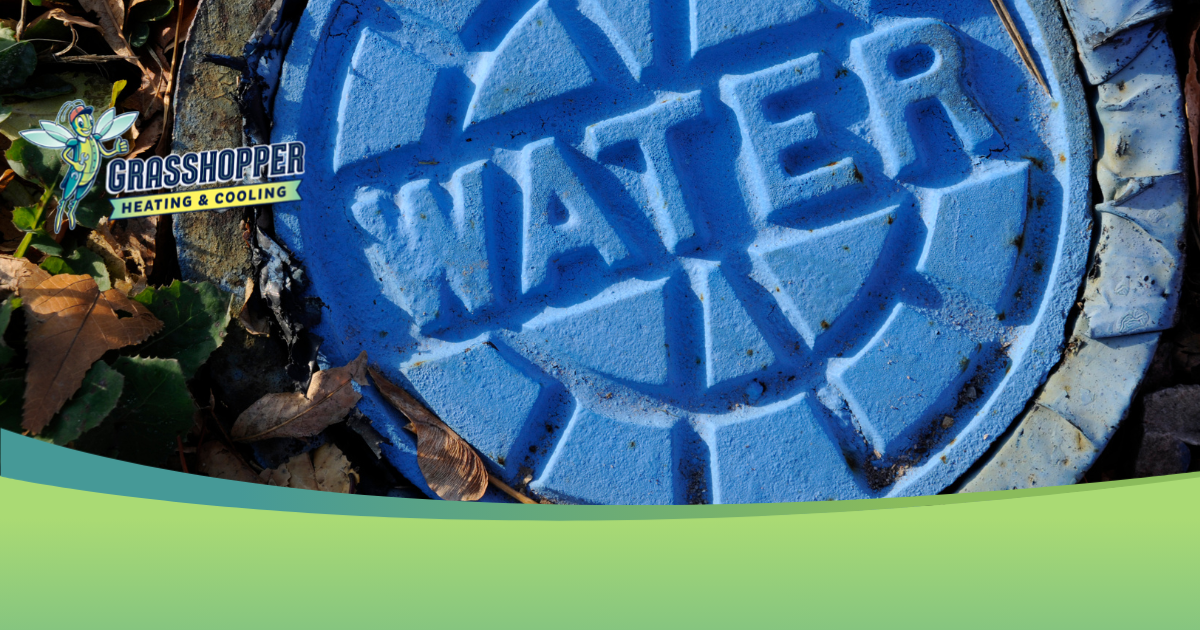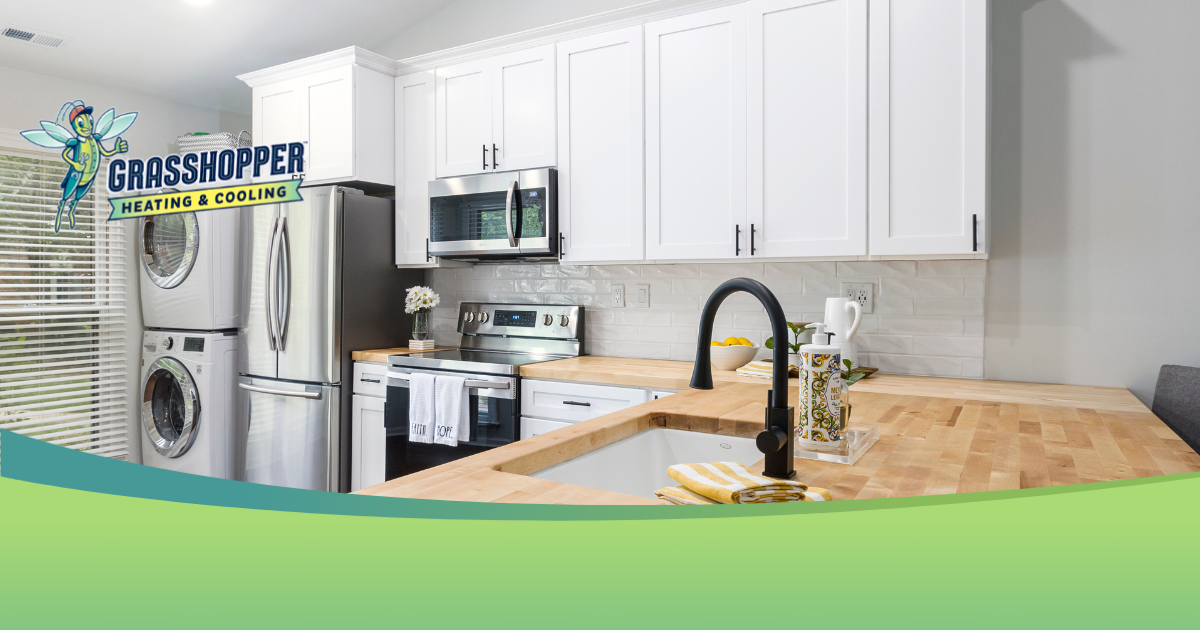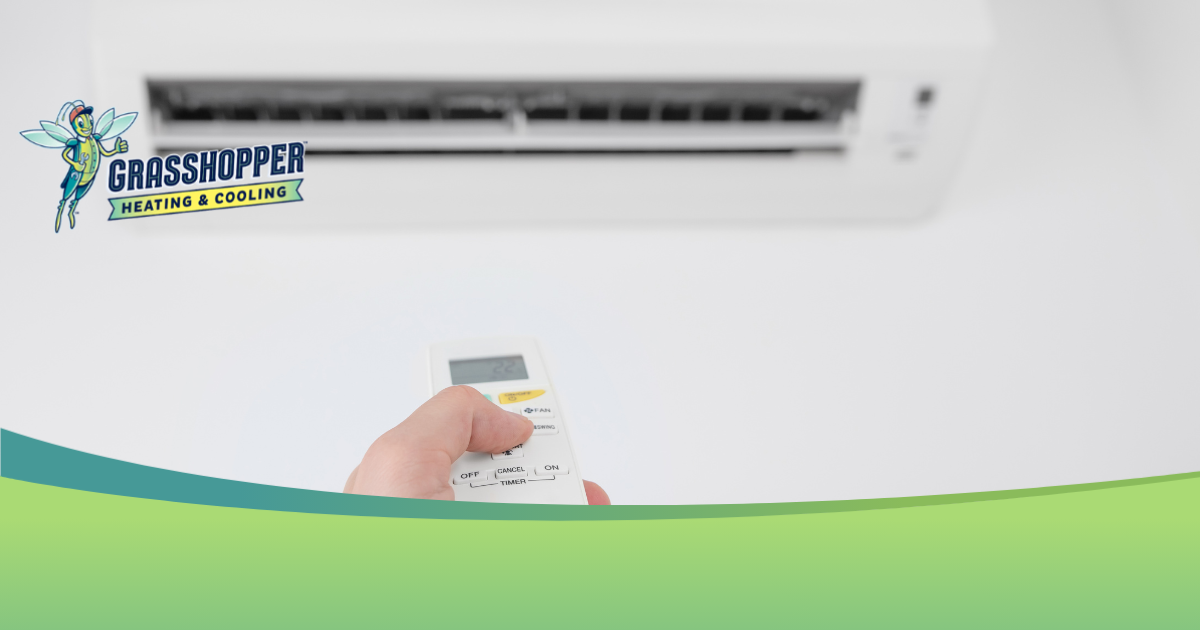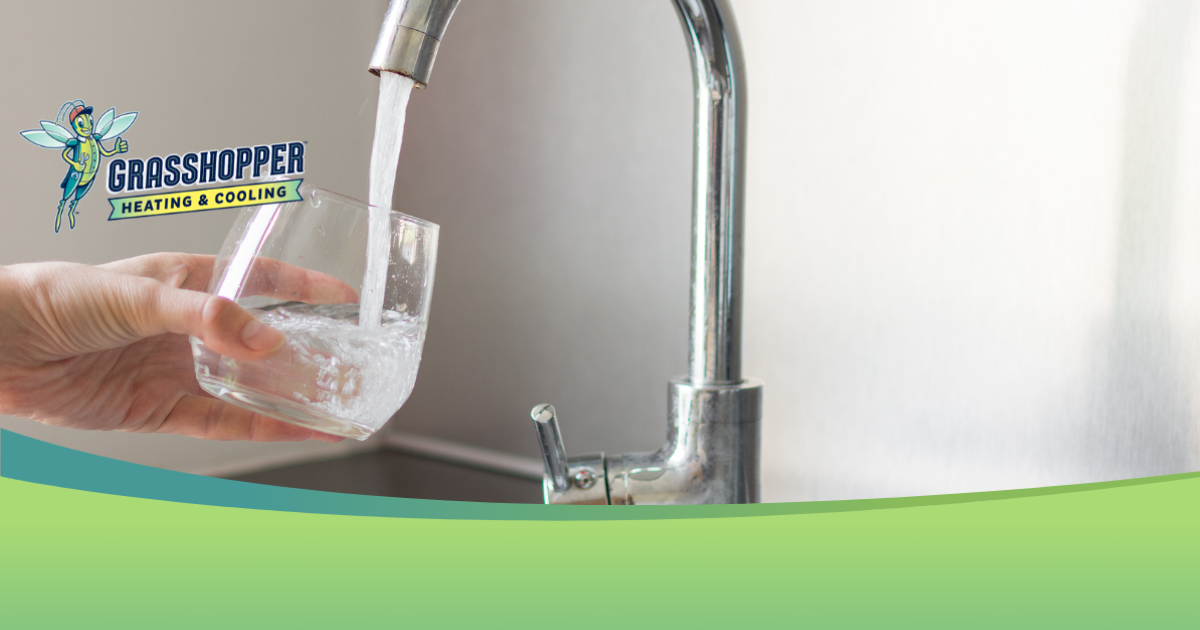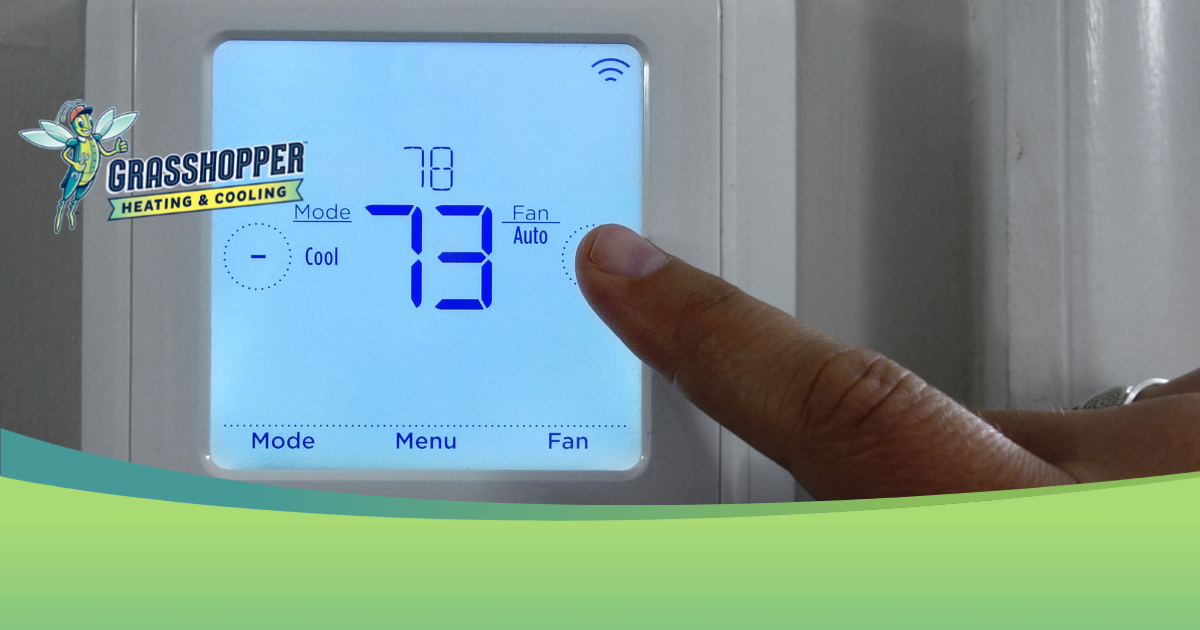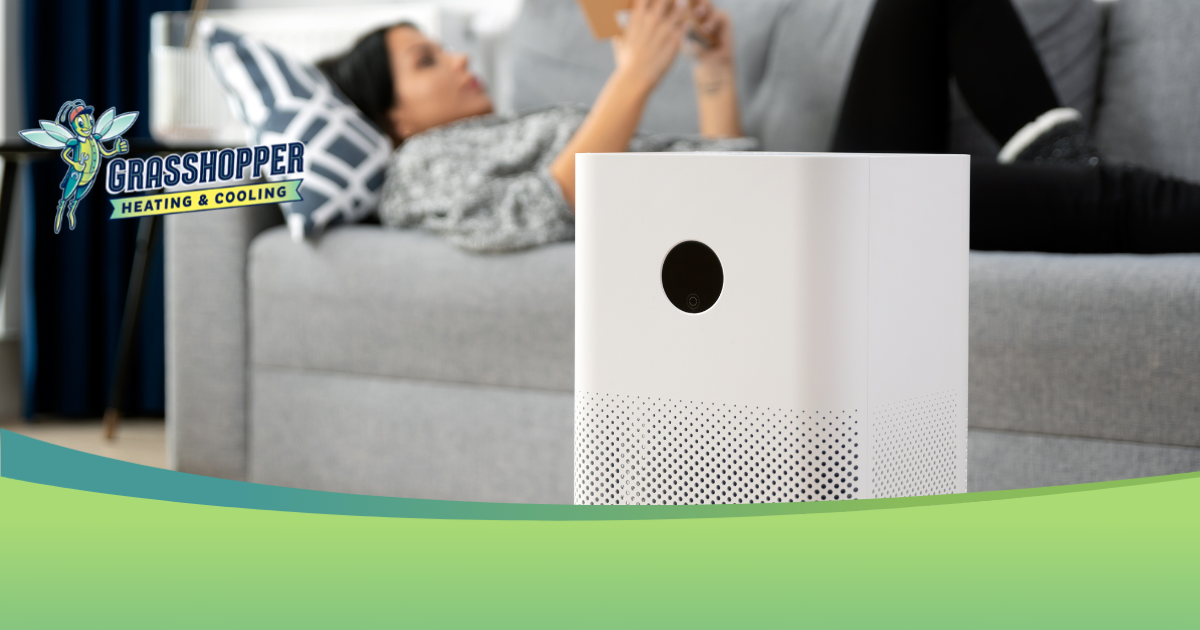How New York Homeowners Can Lower Their Electric Bill
With rising energy costs across New York, many homeowners are feeling the pinch when their electric bills arrive each month. From hot, humid summers to long heating seasons, energy use can add up quickly, especially in older homes. The good news? There are several proven ways to reduce your electric bill without sacrificing comfort.
At Grasshopper Heating, Cooling, Plumbing & Electrical, we help New York homeowners improve efficiency, cut waste, and take control of their energy costs year-round. Here’s how you can start lowering your electric bill today.
Upgrade to Energy-Efficient HVAC Equipment
Heating and cooling account for a significant portion of household energy use. If your HVAC system is more than 10–15 years old, it’s likely costing you far more than necessary to operate.
Modern high-efficiency heat pumps and air conditioners use advanced technology to deliver consistent comfort while consuming less electricity. Many New York homeowners are also eligible for state and utility rebates when upgrading to energy-efficient systems, which can significantly offset upfront costs.
A professional system evaluation from Grasshopper can identify whether an upgrade could deliver meaningful monthly savings.
Use a Smart Thermostat Strategically
A programmable or smart thermostat is one of the easiest ways to reduce unnecessary energy use. These devices automatically adjust temperatures based on your schedule, preventing your system from running when no one is home.
In New York’s climate, even small temperature adjustments can lead to noticeable savings. Lowering your thermostat a few degrees in winter or raising it slightly in summer can reduce energy use without impacting comfort. Smart thermostats can also provide usage insights, helping homeowners spot inefficiencies over time.
Seal Air Leaks and Improve Insulation
Many New York homes, especially older ones, lose conditioned air through gaps, cracks, and poorly insulated spaces. Drafty windows, unsealed doors, and leaky ductwork force your HVAC system to work harder, driving up electric bills.
Improving insulation and sealing air leaks helps keep warm air inside during winter and cool air inside during summer. Duct sealing, in particular, can dramatically improve HVAC efficiency and indoor comfort.
Grasshopper’s technicians can help identify hidden energy losses and recommend practical solutions.
Replace Inefficient Lighting and Appliances
Switching to LED lighting can reduce lighting energy use by up to 75% compared to traditional incandescent bulbs. LEDs also last much longer, lowering replacement costs over time.
When it’s time to replace appliances, look for ENERGY STAR®–rated models. High-efficiency refrigerators, washers, dryers, and dishwashers use less electricity while delivering the same, or better, performance.
These incremental upgrades may seem small, but together they can significantly reduce monthly electric costs.
Schedule Regular HVAC Maintenance
Routine HVAC maintenance plays a major role in energy efficiency. Dirty filters, worn components, and neglected systems all lead to higher energy use.
Seasonal tune-ups ensure your system runs at peak efficiency, improves airflow, and prevents small issues from becoming expensive repairs. Regular maintenance also extends the life of your equipment, protecting your long-term investment.
For New York homeowners, staying ahead of winter and summer demand is key to avoiding energy waste.
Use Electricity Smarter During Peak Hours
Many utility providers in New York charge higher rates during peak usage times. Running large appliances during off-peak hours, such as early morning or late evening, can reduce your overall electric bill.
Simple habits like:
- Running dishwashers and laundry at night
- Avoiding heavy appliance use during heat waves
- Unplugging electronics when not in use
can help lower energy consumption without major lifestyle changes.
Consider Electrical Panel and Home Efficiency Upgrades
An outdated electrical panel may not efficiently support modern energy demands. Upgrading your panel can improve safety, reduce energy strain, and prepare your home for future upgrades like electric vehicle chargers or high-efficiency HVAC systems.
Whole-home efficiency improvements, including energy audits, can provide a clear roadmap for cutting electric costs long-term.
Partner with a Trusted Local Expert
Lowering your electric bill isn’t about one quick fix; it’s about making smart, strategic improvements that work together. Grasshopper Heating, Cooling, Plumbing & Electrical understands the unique challenges New York homeowners face and offers customized solutions to maximize efficiency and comfort.
From HVAC upgrades and maintenance to electrical improvements, our team is here to help you save energy and money year-round.
Contact Grasshopper today to schedule a home efficiency consultation and start taking control of your electric bill.
